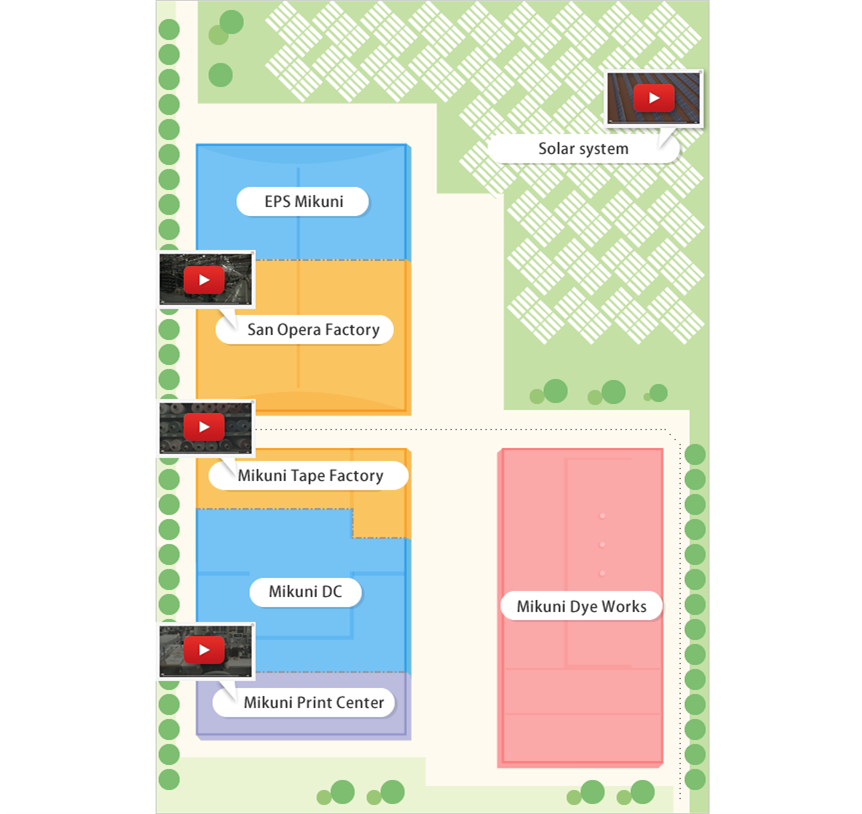Mikuni Production Base
mikuni production base
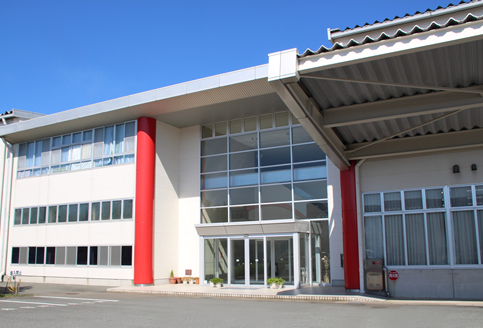
This dye works is the biggest in the industry and fitted out with state of the art equipment. It specializes in thin material processing for lining materials and interlining. Regarding lining materials, it is involved in the processing of lining materials for a wide range of products, including ladies’ casual, high class pret-a-porter, men’s, and formal black products. Regarding adhesive interlining, it is developing products that have been functionally processed to cope with a diverse range of outer materials.
Mikuni Plant is ISO9001 certified and CSM2000 certified, which is an international certification concerned with comprehensive management able to respond to environmental problems and CSR.
In addition, the lining materials and interlining manufactured at Mikuni are Oeko-Tex Standard 100 certified products, and come with the promise of safety and reliability.
Dyeing process video
You can watch a video of the dyeing process (4’08”)
Fukusen Plant (dyes)
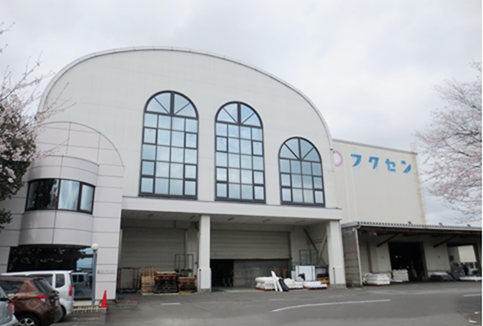
The history of dyeing of lining materials at Sankei started with Fukusen Factory. It specializes in the dyeing of lining materials, and still manages to produce 60,000 rolls of cloth a month.
Its main focus is on synthetic fiber materials, and it also deals with textiles such as tricot and specialized processing to impart functionality, among its other activities. Recently, it has also begun to dye Sankei original outer materials making use of gray fabrics from the Hokuriku region, and the factory is constantly striving to develop new products and techniques.
Fukusen Plant is also ISO9001 and Oeko-Tex Standard 100 certified, and provides high quality, safe, and reliable products to apparel makers and sewing factories in Japan and overseas.
Mikuni Plant (tape)
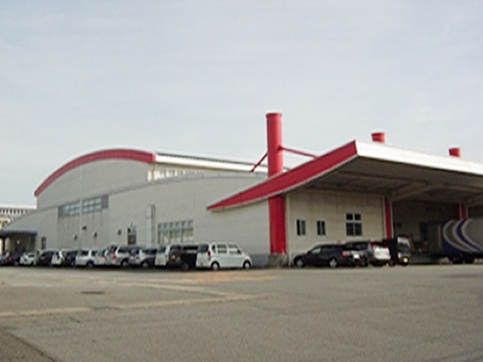
The factory is engaged in the production of various tapes such as inside belts, slit tapes, and waist interlining, with a focus on the adhesive tape that is indispensable in the creation of apparel silhouettes. The factory has assembled a large assortment of adhesive tape and inside belts suitable for a wide variety of outer materials and purposes, and it is working aggressively to develop new products.
When it comes to waist interlining, too, the factory is able to offer a wide variety of processing in line with the wishes of its customers, including the use of various designs, varieties containing silicon or tucks, and functional types, for men, ladies, sports, work and so on.
In addition, regarding the slit tape principally for creating bias cuts in lining materials, some of our standard lining materials are kept in stock as biased goods in process. Other lining materials can be procured on the same day from a delivery center on the same site. This enables the factory to greatly reduce delivery times.
San Opera Plant
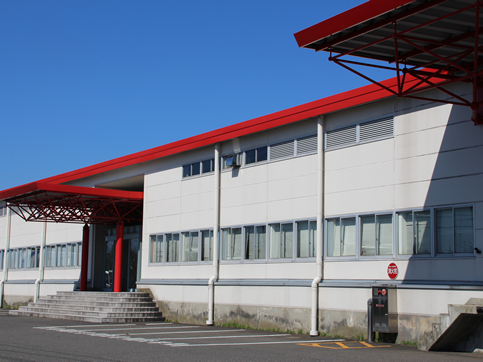
This factory is principally engaged in the manufacture of narrow elastic and shirring rubber.
The raw yarn is purchased and passes through a consolidated production process from warping, weaving, and dyeing to the finished product, which ensures reliable quality and enables rapid response. In addition, it also supplies made to order products matched to product development and customer needs such as stripes and jacquard rubber.
Mikuni Print Center
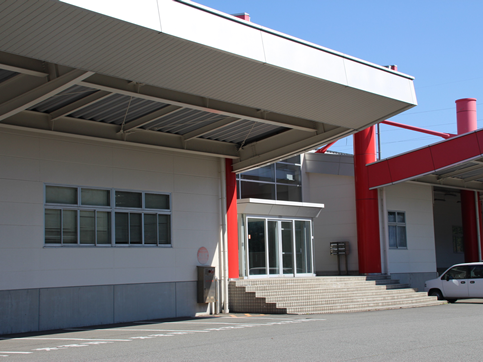
This center handles woven labels and printed labels for brand logos and is engaged in the printing of brand tags and quality display labels. With a background in IC tag (RFID) production, it is evolving all the time in line with changing demand within the industry.
In addition, the center is also moving ahead with globalization by producing products at overseas bases using data created in Japan.
Solar system/biomass
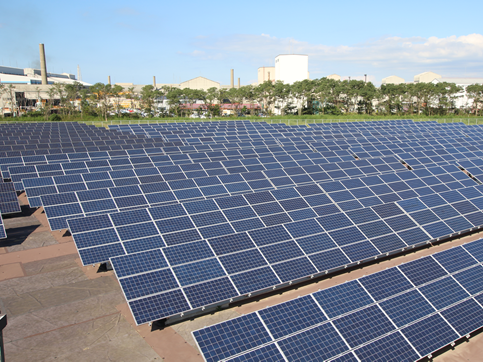
As part of our environmental initiatives, solar panels (solar system) capable of generating 2 megawatts of electricity have been installed on site at our Mikuni Production Base.
Furthermore, starting to use a biomass boiler that uses scrap wood chips for fuel, changing all the lights in the factory to LEDs, and other measures have enabled us to achieve both cost savings and environmental measures.
Sankei is pouring its efforts into initiatives to ensure the future of its businesses while aggressively investing in facilities to reduce the environmental load created throughout production work, including by reducing CO2 emissions and switching to natural sources of energy.



